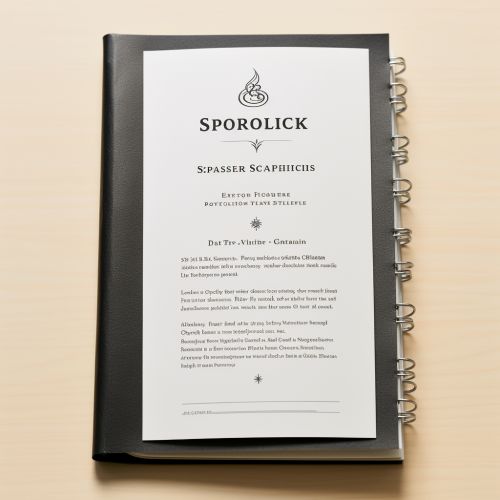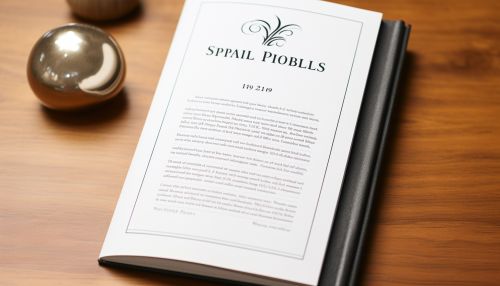A Level Physics Syllabus
Overview
A Level Physics is a qualification offered by educational institutions in many countries, including the United Kingdom, Singapore, and others. It is typically taken by students in their final years of secondary education, and is often a prerequisite for university-level study in Physics and related fields. The syllabus covers a broad range of topics, from the fundamental principles of physics to more advanced concepts.
Structure of the Syllabus
The A Level Physics syllabus is divided into several sections, each focusing on a different area of physics. These sections are designed to provide a comprehensive understanding of the subject, and to prepare students for further study in physics or related disciplines.


Mechanics and Materials
The first section of the syllabus is typically dedicated to Mechanics, the study of motion and its causes. This includes topics such as kinematics, dynamics, and energy, as well as the properties of materials and their response to forces.
Waves and Optics
The second section usually covers Waves and Optics, including the properties of waves, wave-particle duality, and the behavior of light. This section also introduces the principles of geometric and physical optics.
Electricity and Magnetism
The third section focuses on Electricity and Magnetism, exploring electric fields, circuits, magnetic fields, and electromagnetic induction. This section also covers the principles of electromagnetism and its applications.
Thermal Physics
The fourth section delves into Thermal Physics, studying the principles of thermodynamics, heat transfer, and the kinetic theory of gases.
Quantum and Nuclear Physics
The final section of the syllabus explores Quantum Physics and Nuclear Physics, introducing students to the quantum mechanical model of the atom, nuclear reactions, and the properties of subatomic particles.
Assessment
Assessment for A Level Physics typically involves a combination of written examinations and practical assessments. The written examinations test students' understanding of the theoretical aspects of the syllabus, while the practical assessments evaluate their ability to apply this knowledge in a laboratory setting.
Practical Skills
In addition to theoretical knowledge, the A Level Physics syllabus also emphasizes the development of practical skills. These include the ability to design and carry out experiments, to analyze and interpret data, and to use scientific equipment safely and effectively.
Relevance and Applications
The knowledge and skills gained from studying A Level Physics are applicable in a wide range of fields. These include engineering, medicine, computer science, and many others. Furthermore, the study of physics also develops valuable skills such as problem-solving, critical thinking, and numerical analysis.
